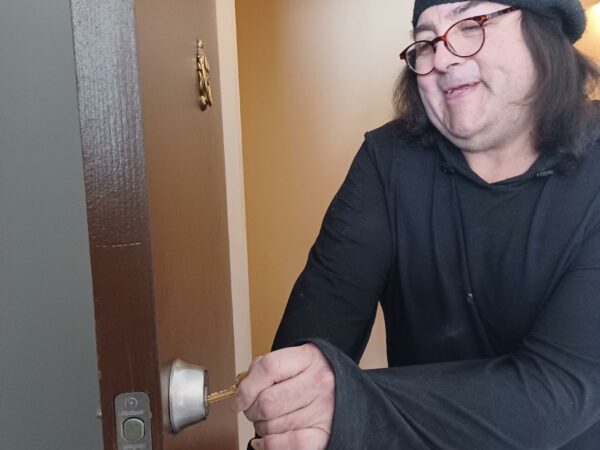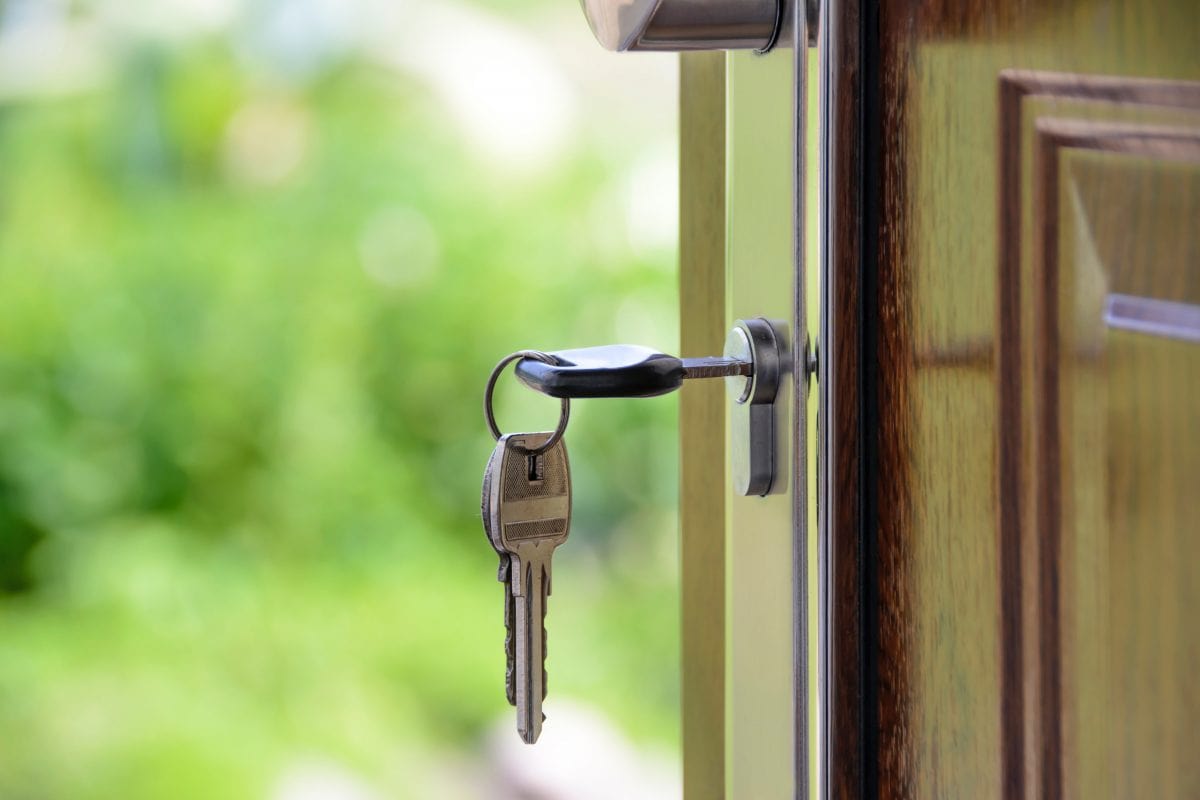DuPagePads’ Housing Programs provide affordable apartments and support services to individuals and families whose household has a history of homelessness. Currently, DuPagePads is the largest provider of Supportive Housing in DuPage County with 180 apartment units. Apartments are scattered sites located throughout DuPage County. These units are typically one or two-bedroom apartments and are furnished and move-in ready thanks to the support of our community partners.

Permanent Supportive Housing offers subsidized housing for individuals, families and veterans who have been homeless and meet eligibility. DuPagePads PSH offers case management with 24-hour crisis intervention, support with children’s concerns and parenting issues, and community referrals for information regarding mental health, addiction, and physical illness. PSH case managers provide access and assistance with public benefit applications, assistance with participating in volunteer or education and employment activities. Clients in PSH gain support in joining local community groups and organizations.
A client eligible to be a Permanent Supportive Housing resident must have a permanent documented disability due to a physical or mental condition or addiction, documented homelessness of at least one year (or four separate episodes within the past three years), the ability to live independently in the community without medical supervision, and willingness to pay 30% of income towards rent.

This program supports those that can afford the monthly cost of housing costs but that face barriers to accessing housing.
Each Housing Now participant receives support with locating housing and affording upfront move-in costs such as security deposits. Without this assistance, clients would remain in a state of homelessness for months longer to meet the financial burden related to obtaining housing. Once housed, participants have a lease in their own name and pay their full rent to the landlord.
The support of a caring case manager is provided for one year after move-in to ensure that the client is successful in their transition from homelessness to housing. Each participant works with their case manager on their individualized goal plan that focuses on sustaining housing and meeting other needs that lead to improved wellbeing.

The program serves households with a focus on helping those experiencing homelessness for the first time to quickly obtain permanent housing. Supportive services from a case manager are blended with rental assistance to make housing affordable and sustainable.
The program leads to permanent housing by working towards the household’s ability to fully afford their housing in concert with a gradual reduction in reliance on financial assistance. A supportive case manager works with the household throughout their participation in the program on their goals related to housing and wellbeing, including integrating into their community.
Through our Haven of Hope Rapid Rehousing Program, DuPagePads also provides apartments and wraparound services, including safety planning, for survivors of domestic violence.

The program serves those that will succeed with support services and financial assistance for a moderate-term of up to two years. Each household receives help with housing location, ongoing support from a case manager, and assistance paying for costs associated with their housing including deposits and a rental subsidy that makes up the difference between the amount a household can afford to pay for housing and the local rent standards.
While participating in the TBRA program, the household works with their case manager on a goal plan focused on sustaining housing long-term. This includes developing increasing financial resources to afford housing after the end of the subsidy or working towards another longer-term solution to meet their needs.
